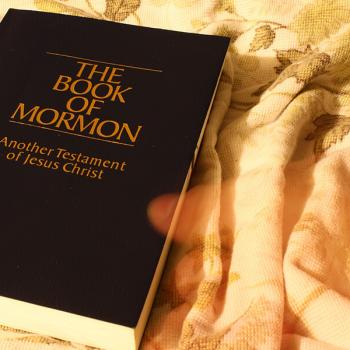 Anyone whose family has been touched by eccentric parenting — to put it lightly — is sure to enjoy the newly released Lionsgate film The Glass Castle in the same way folks with two kids are mesmerized by super-sized family reality shows: My crazy is nothing compared to their crazy, many are sure to say about the film based on the best-selling memoir written by former New York Magazine’s gossip columnist Jeanette Walls. The book, which shares the movie’s title, had a 7-year run on the New York Times best seller list and should be read before watching the film because it’s so rich in detail no movie could ever do it justice. That being said, this highly entertaining production comes close.
Anyone whose family has been touched by eccentric parenting — to put it lightly — is sure to enjoy the newly released Lionsgate film The Glass Castle in the same way folks with two kids are mesmerized by super-sized family reality shows: My crazy is nothing compared to their crazy, many are sure to say about the film based on the best-selling memoir written by former New York Magazine’s gossip columnist Jeanette Walls. The book, which shares the movie’s title, had a 7-year run on the New York Times best seller list and should be read before watching the film because it’s so rich in detail no movie could ever do it justice. That being said, this highly entertaining production comes close.
Amongst a star-studded cast, Brie Larson (2016 Academy Award Winner for Room) and Woody Harrelson shine respectively as Jeanette and her alcoholic father Rex Walls. Their special bond forms much of the story’s crux, as well as the way Jeanette and her three siblings rise above adversity by carving out highly successful lives as adults in New York City in spite of being raised in various forms of homelessness and profound neglect, wandering from the deserts of Arizona to the poverty stricken hills of West Virginia.
As I read the book and later watched the movie, the family who joyfully howled like wolves when seeking one another out in public places like hospitals and college dormitories, oddly reminded me of my own childhood family. While neither of my parents were alcoholics or exhibited any of the negative, neglectful traits of Rex and Rose Mary Walls (the latter played splendidly by Naomi Watts), my eccentric father was known to ride rafts down uncharted rapids with his six kids. He’d laugh off “Do Not Enter” signs at mouths of rivers just as my mom would at padlocked swimming pools: “Climb the fence,” she’d say on a scorching day, passing over towels and toddlers and bottles of sunscreen. My hippie parents, who are also touched with a bit of rebel genius, introduced me to the famous words of St. Paul one night around a campfire — his letter to the Corinthians, the one so often read at weddings:
“Love is patient, Love is kind; it does not envy …” (1 Corinthians 12:4)
As I drove home from the theater the other evening, St. Paul’s epistle ebbed and flowed over the movie’s vivid scenes still flashing through my mind. It took me sometime to figure out why the film brought these specific verses to mind. As I did, I reflected on the ways the Walls family and my own childhood family hit and missed the marks laid out by the Apostle. Did we ever ‘behave rudely’ or were we ever ‘provoked?’ I asked myself over the patter of rain on the van’s roof, Did we always ‘bear all things’ and ‘endure all things?’
Of course we didn’t, much like the Walls’s, much like all families.
What bits of my parents’ brokenness did I only understand ‘in part’? I wondered as the windshield wipers drummed back and forth, remembering how Jeanette only grasped straws when piecing together the origins of her father’s many demons.
For days, the film and the epistle swirled simultaneously through my mind, while sudsing down dishes and babies or folding laundry. The scene that stands out the most is of a grown daughter extending mercy to her dad, one who had failed her countless times in the most basic of ways but whom she cherishes nonetheless. It’s a scene synonymous with the film’s message, which happens to be St. Paul’s timeless treatise as well: The greatest of these is love, because it is.
Sarah Johnson writes from her home in Coal Country, PA where she lives with her husband and seven sons in a large shoe.













